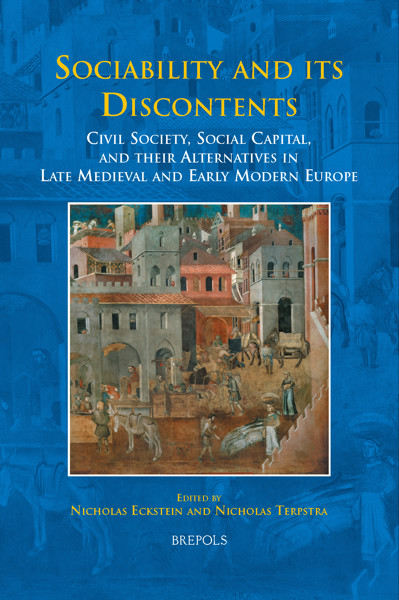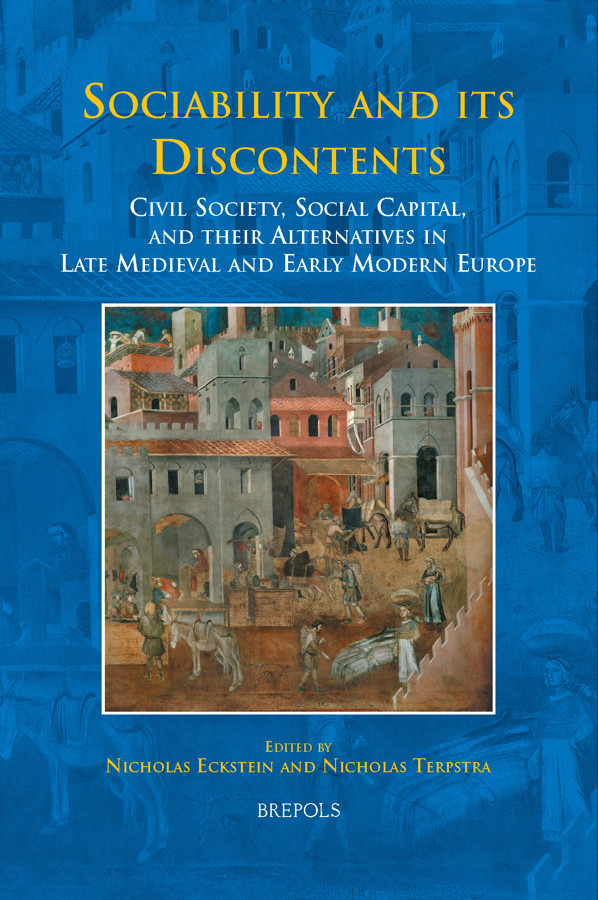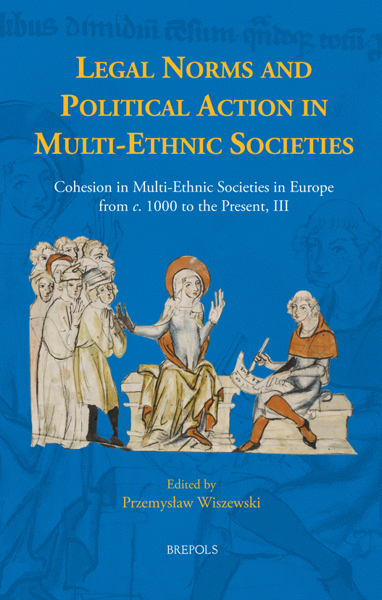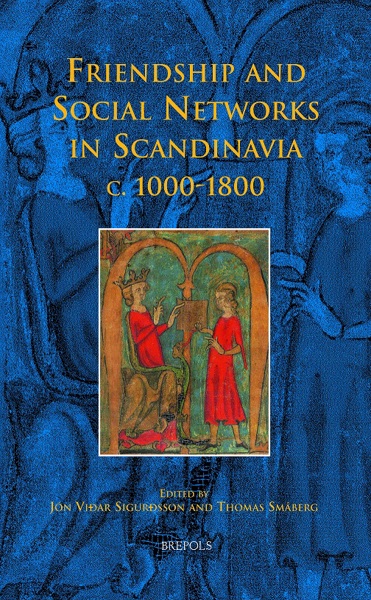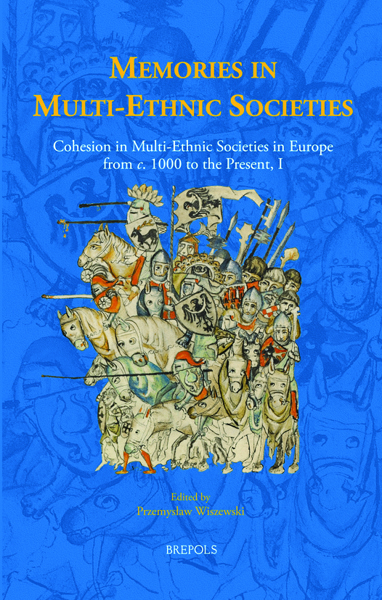
Sociability and its Discontents
Civil Society, Social Capital, and their Alternatives in Late Medieval and Early Modern Europe
Nicholas Eckstein, Nicholas Terpstra (eds)
- Pages: 326 p.
- Size:156 x 234 mm
- Illustrations:3 b/w
- Language(s):English
- Publication Year:2010
- € 75,00 EXCL. VAT RETAIL PRICE
- ISBN: 978-2-503-52473-3
- Hardback
- Available
- € 75,00 EXCL. VAT RETAIL PRICE
- ISBN: 978-2-503-53760-3
- E-book
- Available
Sociability and its Discontents offers a series of highly original case-studies showing the workings of late medieval and early modern European society from new and often unexpected angles.
"This is an excellent collection of essays. Through its critique and nuancing of Putnam's historical analysis of sociability, social capital and civil society, it adds to an important modern social policy debate." (Natalie Tomas, in Parergon 27.2, 2010, p. 222)
List of Illustrations
Sociability and its Discontents — NICHOLAS TERPSTRA AND NICHOLAS A. ECKSTEIN
I. Negotiating Civil and Social Disorder
Communal Thought, Communal Words, and Communal Rites in a Sixteenth-Century Village Rebellion — THOMAS COHEN
Social and Legal Capital in Vendetta: A Fifteenth-Century Florentine Feud in and out of Court — THOMAS KUEHN
Jousting Alone: Scandal as Social Capital in Renaissance Florence — NERIDA NEWBIGIN
Speaking Up for the Aged: Thomas Hoccleve and The Regiment of Princes — ANNE M. SCOTT
II. Networks in Operation
Pittori, amici e vicini: The Formal and Informal Bonds of Community amongst Florentine Artists — NICHOLAS A. ECKSTEIN
Paolo Uccello and the Confraternity of Saint Peter Martyr: Themes of Reciprocal Obligation in Life and Art — HUGH HUDSON
To Trust Is Good, but Not to Trust Is Better: An Aristocratic Woman in Search of Social Capital in Seventeenth-Century Rome — CAROLINE CASTIGLIONE
III. Unexpected Civility
Signorial Power in Aragonese Southern Italy — DAVID ABULAFIA
Solidarity in Spanish Naples: Fede Pubblica and Fede Privata Revisited — JOHN A. MARINO
In Praise of Refeudalization: Princes and Feudataries in North-Central Italy from the Sixteenth to the Eighteenth Century — GREGORY HANLON
The Putnam Thesis and Problems of the Early Modern Transition Period — CHRISTOPHER F. BLACK
IV. Adaptations and Reconsiderations
Voluntary Associations Reconsidered: Compagnie and Arti in Florentine Politics — MARK JURDJEVIC
A Breakdown of Civic Community? Civic Traditions, Voluntary Associations and the Ghent Calvinist Regime (1577–84) — ANNE-LAURE VAN BRUAENE
‘Republics by Contract’: Civil Society in the Papal State — NICHOLAS TERPSTRA
From Religious to Secular Sociability: Confraternities and Freemasonry in Eighteenth-Century Paris — DAVID GARRIOCH
